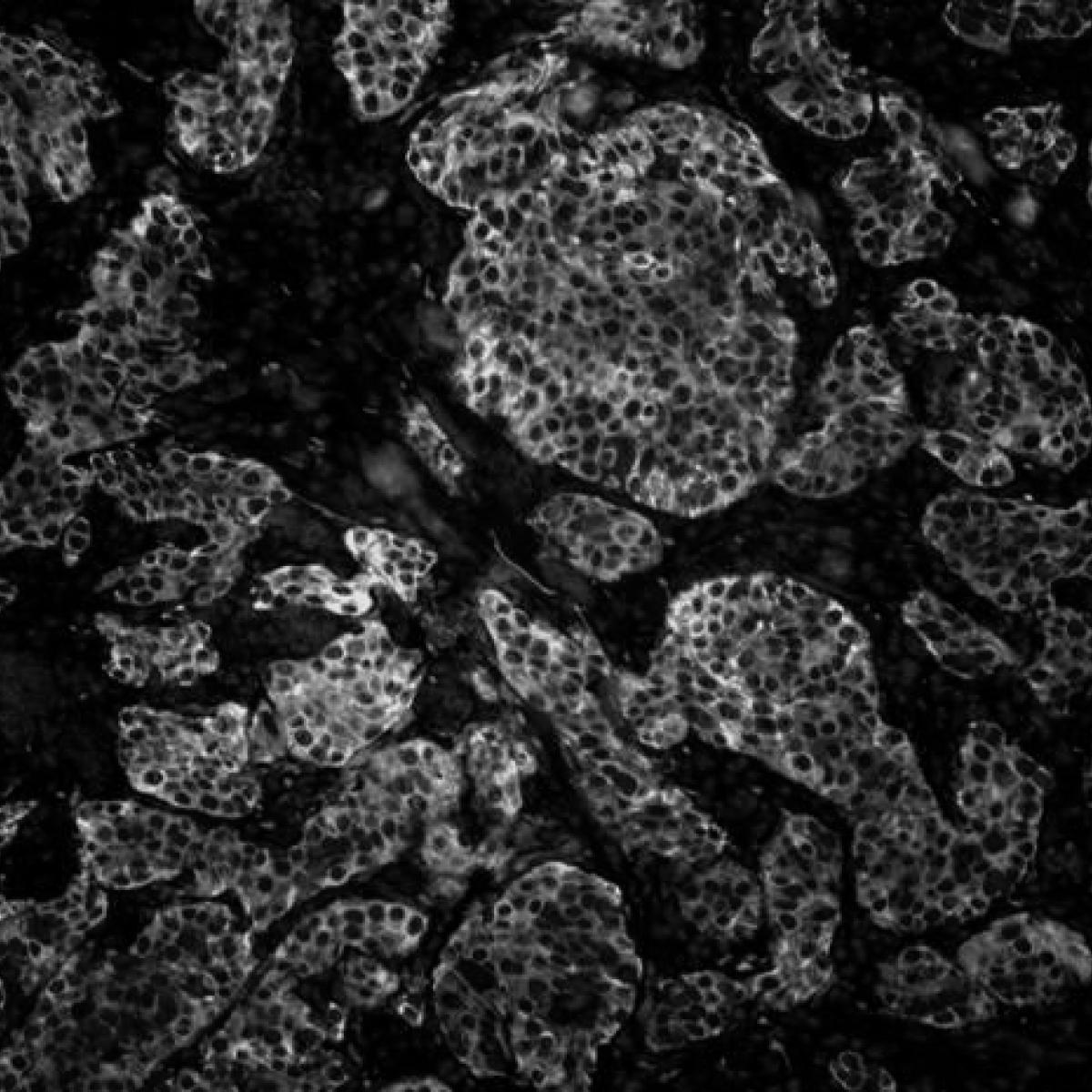
Steven Bensinger, D.V.M., Ph.D.
- Professor, Microbiology, Immunology and Molecular Genetics
- Professor, Molecular and Medical Pharmacology
- Director, UCLA Lipidomics Laboratory

For over a decade, Steven J. Bensinger, D.V.M., Ph.D., has studied lipid metabolism — how the body uses fats and oils for energy storage and other essential molecular functions — and its influence on inflammation and immunity.
Bensinger studies how lipids control cell differentiation and function in normal and disease states. Lipids are essential components of all cells and are used to build cellular membranes, send biochemical signals and provide energy.
Bensinger uses advanced analytical platforms and molecular and genetic approaches to gain a deep, mechanistic understanding of the interplay between lipid metabolism and cellular fate and function. Bensinger has made seminal contributions toward understanding how lipids impact normal health and how disruption of lipid metabolism influences cancer cell biology and tumor pathogenesis.
Research Projects
- Applying mass spectrometry and mathematical modeling to understand how the lipidome of cells is programmed
- Determining how lipid metabolism is shaped by inflammation The body’s natural response to an injury or infection that occurs when an immune response is triggered to promote healing. However, chronic inflammation — inflammation that happens even when there’s no injury or invader — is an abnormal immune response. Over time, chronic inflammation can damage healthy cells, tissues and organs and lead to diseases such as cancer, diabetes, Alzheimer’s disease and autoimmune diseases. inflammation The body’s natural response to an injury or infection that occurs when an immune response is triggered to promote healing. However, chronic inflammation — inflammation that happens even when there’s no injury or invader — is an abnormal immune response. Over time, chronic inflammation can damage healthy cells, tissues and organs and lead to diseases such as cancer, diabetes, Alzheimer’s disease and autoimmune diseases. and infection
- Investigating whether augmenting specific lipid metabolic pathways protects tissues in flesh-eating bacterial infections, such as those caused by group A streptococcus and staphylococcus aureus — commonly referred to as strep and staph, respectively
- Defining the lipid metabolic state of brain cancers and determining if targeting lipid metabolic pathways sensitizes tumors to therapy
-
Post-doctoral Fellowships
- Lipid Metabolism, UCLA, 2008
- Immunology, La Jolla Institute of Allergy and Immunology, 2005
Degrees
- Ph.D., Immunology, University of Pennsylvania Medical School, 2003
- D.V.M., University of Pennsylvania Veterinary Medical School, 1998
